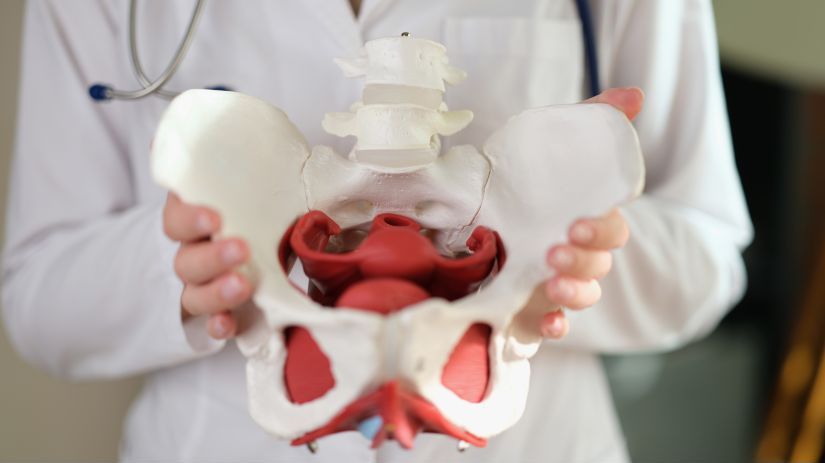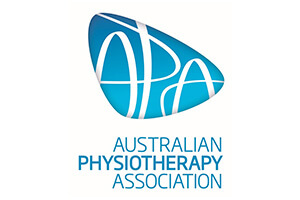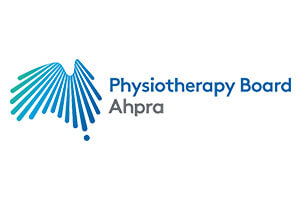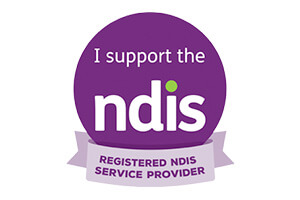

Pelvic Physiotherapists In Carnegie
Pelvic Health Physiotherapy Carnegie
Take control of your pelvic health with the support of our highly skilled physiotherapists.
The Importance of Pelvic Health
Protecting your pelvic health is something many of us don’t think about until we’re confronted by a health issue. Your pelvic floor muscles are there to provide crucial support to the bladder, bowel, and uterus. The strength of these muscles is important for the prevention of bladder and bowel incontinence, prolapse, and also plays an important role in sexual function. It is common for the pelvic floor to be weakened by factors such as obesity, pregnancy, childbirth, chronic constipation, and prostate cancer treatment.
When pelvic health concerns arise, you should get them addressed by health professionals as early as possible. Pelvic health physiotherapists can help manage pelvic pain and build strength in these muscles, setting you up for a healthier and happier future.




PELVIC PHYSIOTHERAPY
Pregnancy and Post-Partum
The experience of motherhood takes a severe toll. The physical, emotional, and mental effects throughout pregnancy and postpartum can be overwhelming for women. Pelvic health is just one small aspect of this journey, but the consequences can often be severe. Our physio team can help support mothers throughout their pregnancy journey and beyond in various ways.
Firstly, it is important to start addressing potential pelvic health concerns early. With screening for bladder and bowel health concerns, appropriate prescriptions for pelvic floor muscle training, and birth preparation/education options, we can set you up for a healthy pregnancy. Even after vaginal or caesarean section births, our team can help you navigate recovery and your return to exercise. If you’ve experienced abdominal separation (DRAM), then working with a physio will be essential.
We recommend a pelvic floor review at six weeks postpartum to analyse your progress.
Bladder and Bowel Health
Bladder and bowel problems are incredibly common. The phrases ‘stress incontinence’ and ‘urge incontinence’ may be familiar to you, but it can be hard to know when there is cause for concern. If you find yourself struggling with incontinence due to stress or experiencing sudden and severe levels of urgency, it may be time to get your bladder and bowel health checked out.
Our team can help you manage the pain, discomfort, and urgency that can come with incontinence problems. Your physio will be able to advise you on the appropriate intake of fluid, fibre, and laxatives to help make your daily life more comfortable.


GLEN EIRA PHYSIOTHERAPY
Pelvic Pain
Dyspareunia
Dyspareunia is the medical term for painful intercourse as a result of several different conditions. Our pelvic health physios can help manage conditions such as vaginismus, vulvodynia, and vestibulodynia.
Gynae Conditions
Gynae conditions can severely impact daily life. If you’re struggling with gynaecological conditions such as endometriosis, adenomyosis, PCOS, or others, then our physios may be able to help you manage your symptoms.
Pelvic Floor Strengthening
Strengthening your pelvic floor can help build up crucial muscles below the abdomen. For various different pelvic conditions, including ones that can lead to poor bladder and bowel control, these strategies can be crucial for symptom management. Our skilled physios can help guide you through General Pelvic Floor Muscle Training (PFMT) to strengthen these muscles and limit your symptoms.
This training could be especially beneficial if you have experienced a Pelvic Organ Prolapse (POP) or are in the peri/post-menopausal stages of life.


GLEN EIRA PHYSIOTHERAPY
Frequently Asked Questions
Everyone experiences their symptoms and conditions differently. If you are suffering from bowel and bladder incontinence, pain during intercourse, or are currently pregnant or experiencing postpartum symptoms, then pelvic floor physiotherapy may be right for you.
A pelvic examination will last just a few minutes. Your physio will be gentle as they check your vulva, vagina, ovaries, cervix, uterus, rectum, and pelvis for any specific problems or unusual changes.
You shouldn’t experience severe pain during pelvic floor physiotherapy. While doing the strengthening exercises, you may feel some mild discomfort or find your pelvic pain more noticeable than normal. However, this should only be minor, and should not continue after finishing the exercises.
Yes, our pelvic health physiotherapists can treat pelvic health issues for both men and women. These conditions are extremely common, regardless of gender.
Be prepared for movement during pelvic floor physiotherapy. Come wearing comfortable clothing that won’t restrict your legs or limit movement. To prepare for an internal examination, ensure that you wash before the appointment and arrive feeling clean and comfortable.
Every patient is different. Your treatment timeline will completely depend on your condition, symptoms, and goals. Your physio will be able to provide more information about what to expect after conducting a full consultation.
Yes, there is no reason that you won’t be able to attend your appointment as usual if on your period. If you prefer, there may be options to have an ultrasound instead of an internal vaginal examination – simply let your physio know if anything is making you uncomfortable.
Pelvic health physiotherapists must have completed post-graduate training in this specific field to be approved by the Australian Physiotherapy Association. All our Glen Eira Physiotherapy physios are completely qualified in women’s, men’s, and pelvic healthcare.
Pelvic health physiotherapy services may be covered by certain private health insurance packages, though it depends entirely on your specific insurance plan. Check with your private health insurance provider to find out whether you may be eligible for coverage.





